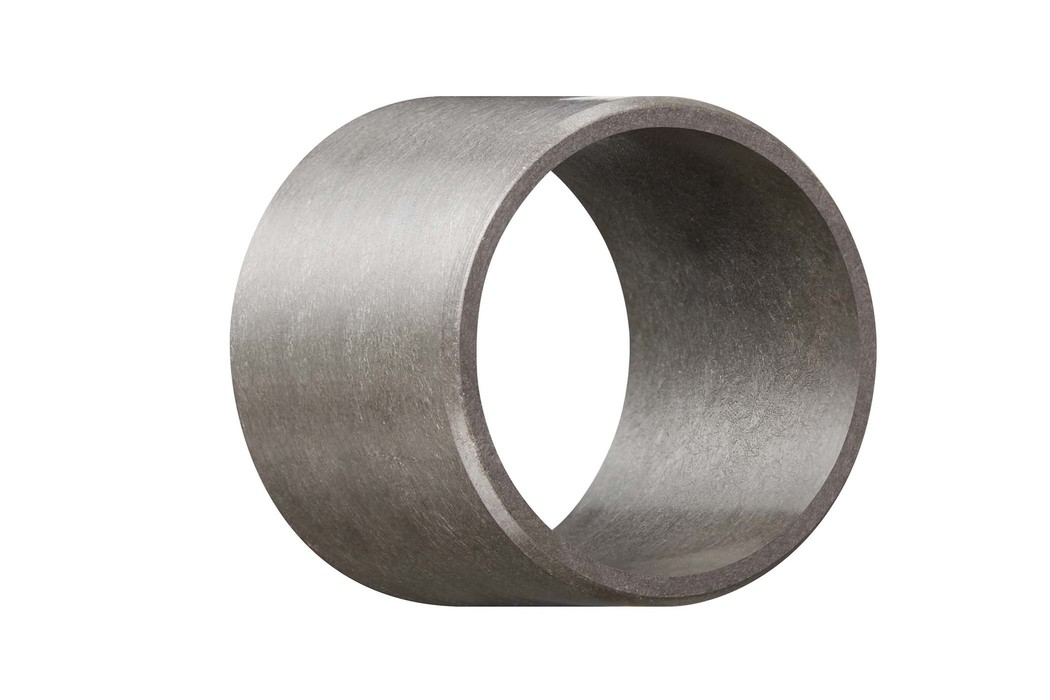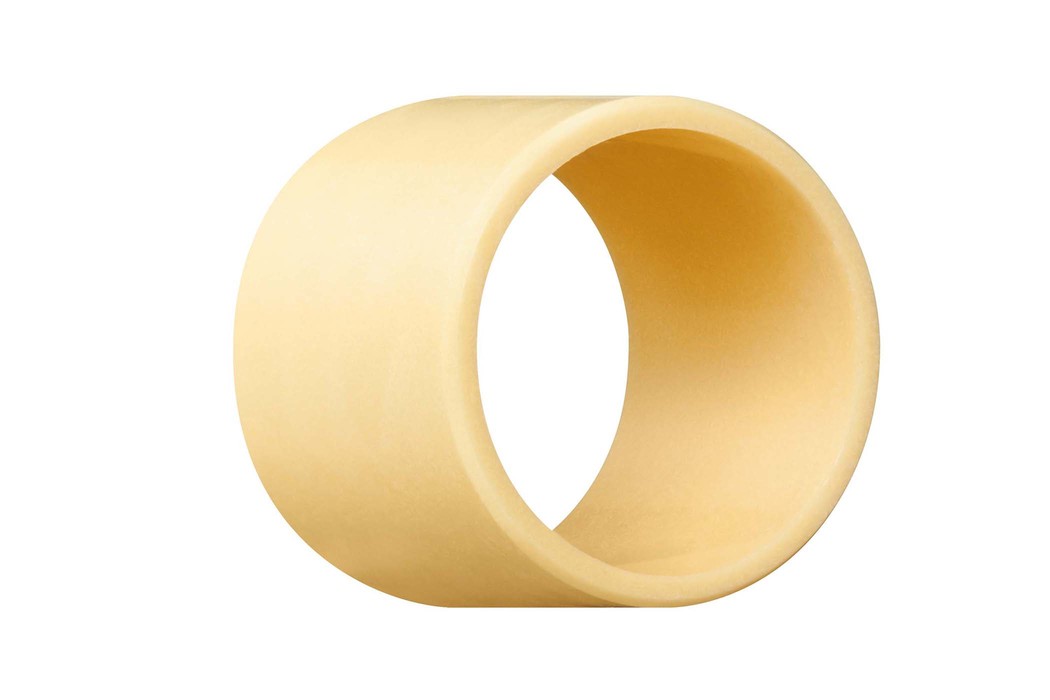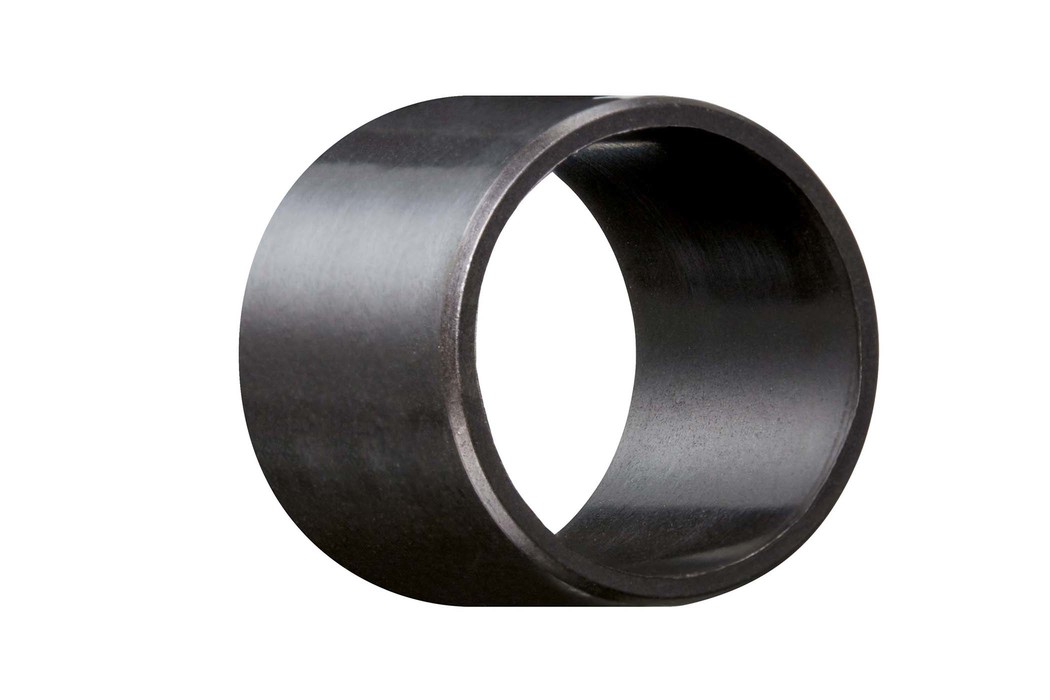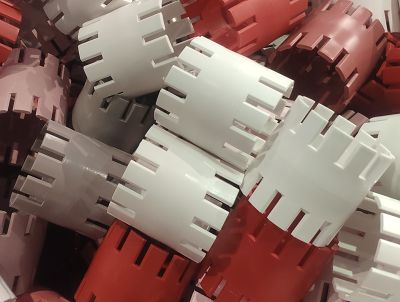Material Hub > Materialien
Materialien
-
Kategorie ThermoplasteDichte 1.46 g/cm³Einsatztemperatur, kurzzeitig < 220 °C
-
Kategorie ThermoplasteDichte 1.49 g/cm³Einsatztemperatur, kurzzeitig < 120 °C
-
Kategorie ThermoplasteDichte 1.44 g/cm³Einsatztemperatur, kurzzeitig < 315 °C
-
Kategorie ThermoplasteDichte 1.31 g/cm³Einsatztemperatur, kurzzeitig < 310 °C
-
Kategorie ThermoplasteDichte 1.31 g/cm³Einsatztemperatur, kurzzeitig < 300 °C
-
Kategorie ThermoplasteDichte 1.41 g/cm³Einsatztemperatur, kurzzeitig < 140 °C
-
Kategorie ThermoplasteDichte 1.41 g/cm³Einsatztemperatur, kurzzeitig < 140 °C
-
Kategorie ThermoplasteDichte 1.41 g/cm³Einsatztemperatur, kurzzeitig < 140 °C
-
Kategorie ThermoplasteDichte 0.9 – 0.92 g/cm³Einsatztemperatur, kurzzeitig < 140 °C
-
Kategorie ThermoplasteDichte 1.5 g/cm³Einsatztemperatur, kurzzeitig 260 °C
-
Kategorie ThermoplasteDichte 2.9 g/cm³Einsatztemperatur, kurzzeitig 260 °C
-
Kategorie ThermoplasteDichte 2.1 g/cm³Einsatztemperatur, kurzzeitig 260 °C
-
Kategorie ThermoplasteDichte 0.9 g/cm³Einsatztemperatur, kurzzeitig 260 °C
-
Kategorie ElastomereDichte > 1.7 g/cm³Einsatztemperatur, kurzzeitig 250 °C
-
Kategorie ElastomereDichte 1.35 g/cm³Einsatztemperatur, kurzzeitig 250 °C
-
Kategorie ElastomereDichte 1.3 g/cm³Einsatztemperatur, kurzzeitig 250 °C
-
Kategorie ElastomereDichte 1.7 g/cm³Einsatztemperatur, kurzzeitig 250 °C
-
Kategorie ElastomereDichte 1.8 g/cm³Einsatztemperatur, kurzzeitig 250 °C







